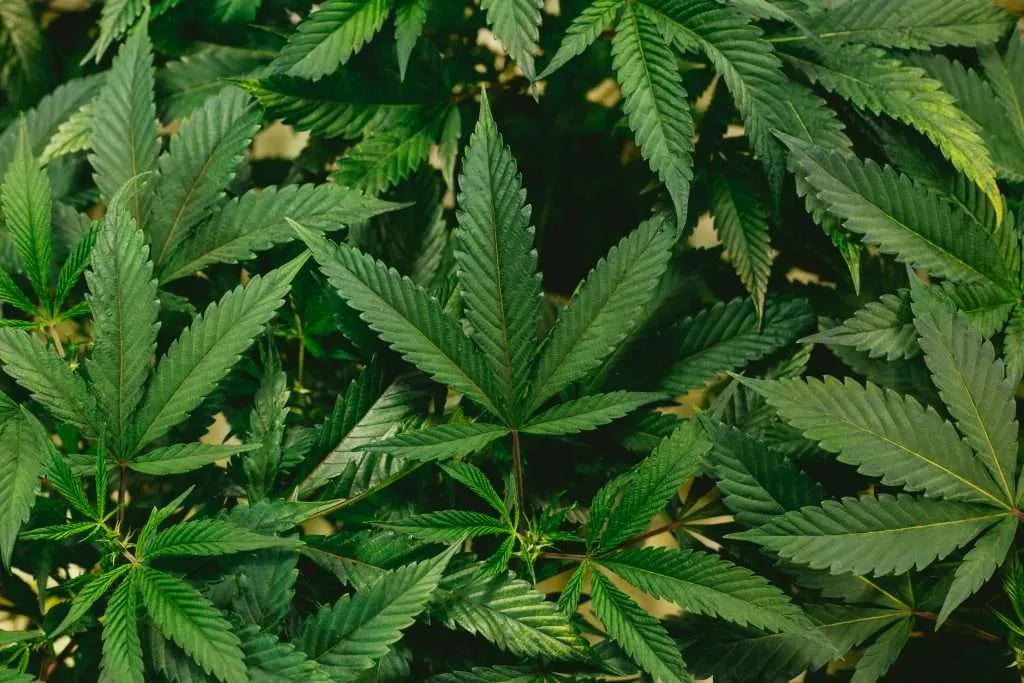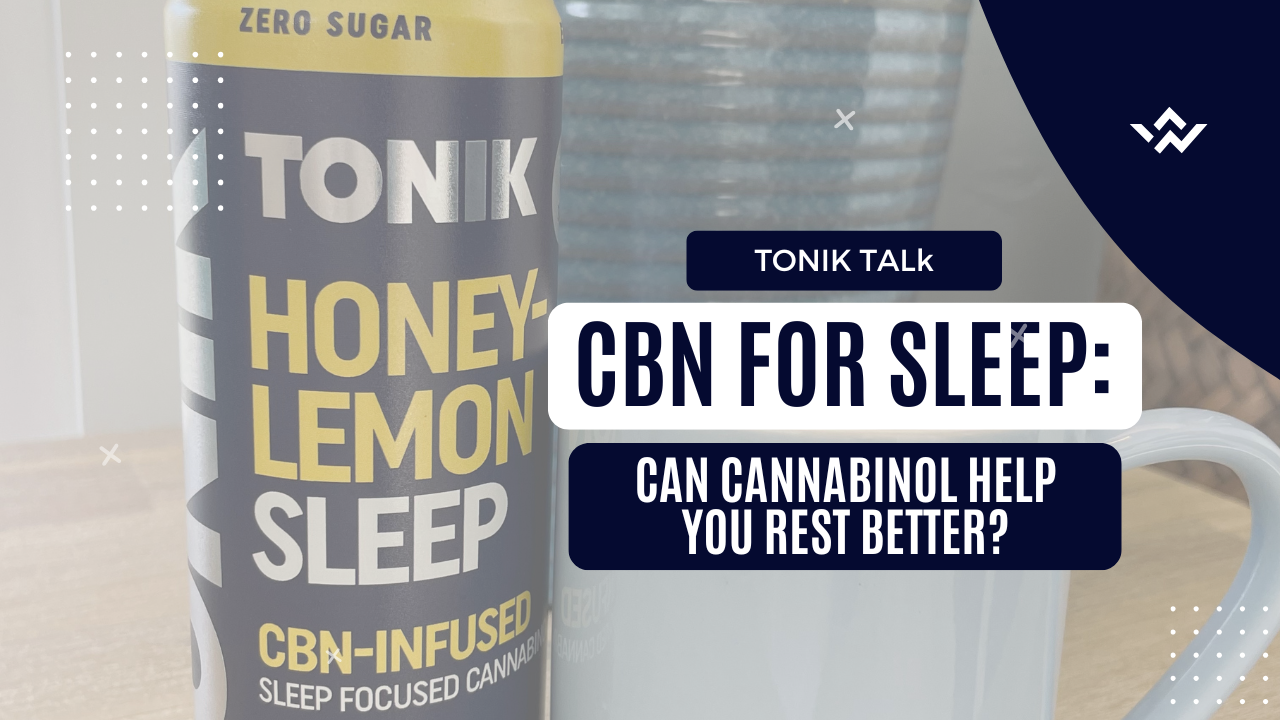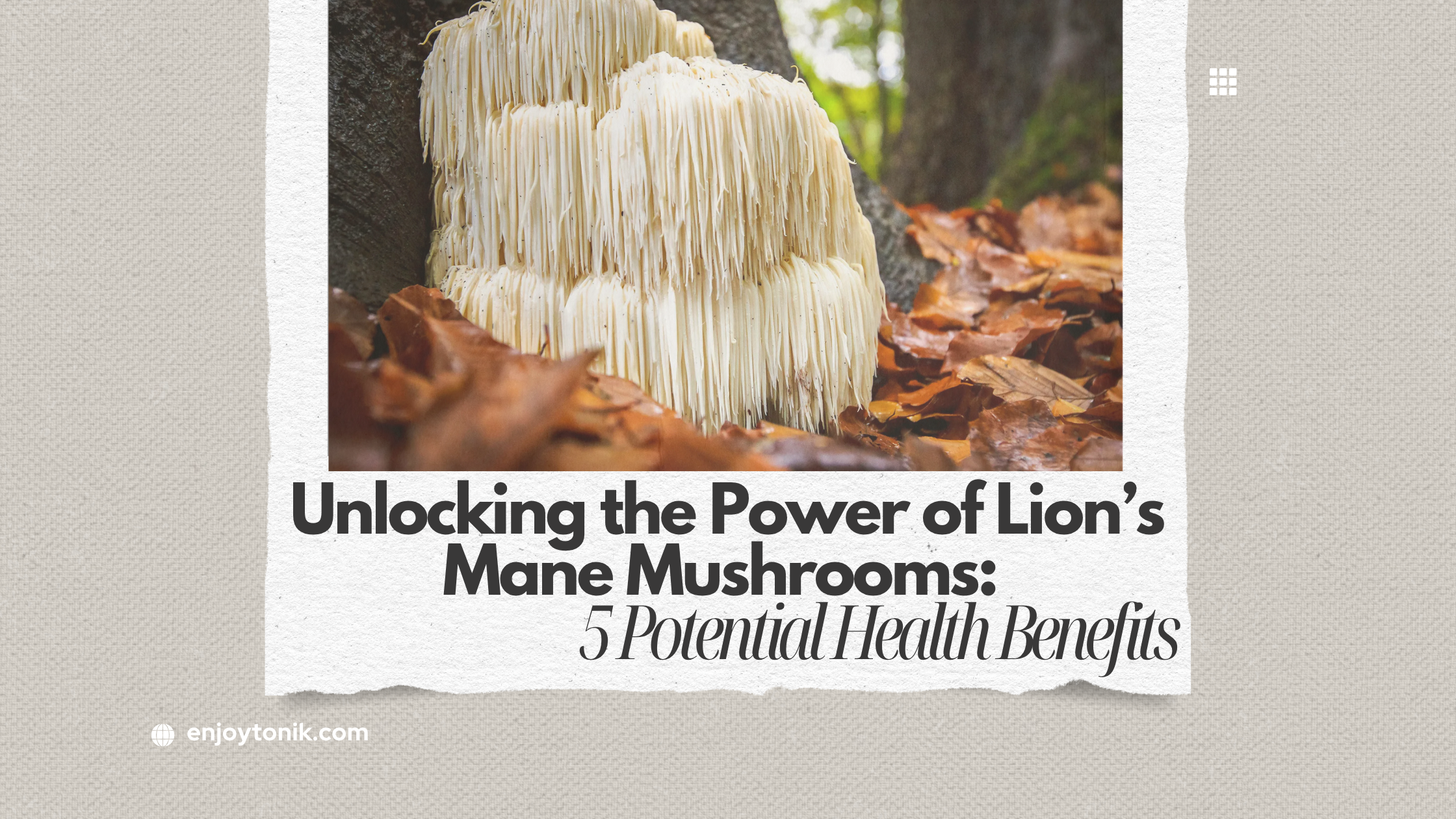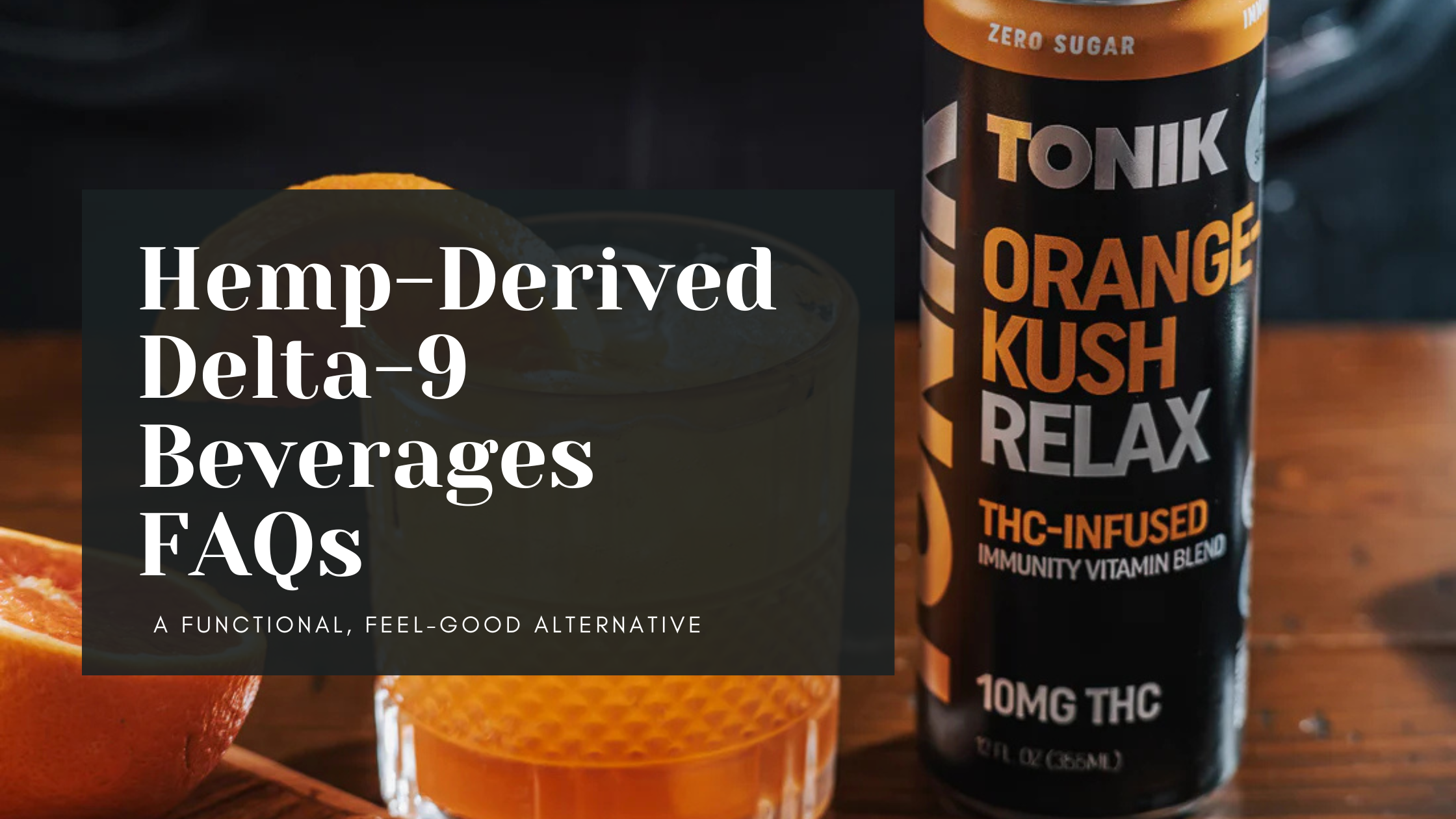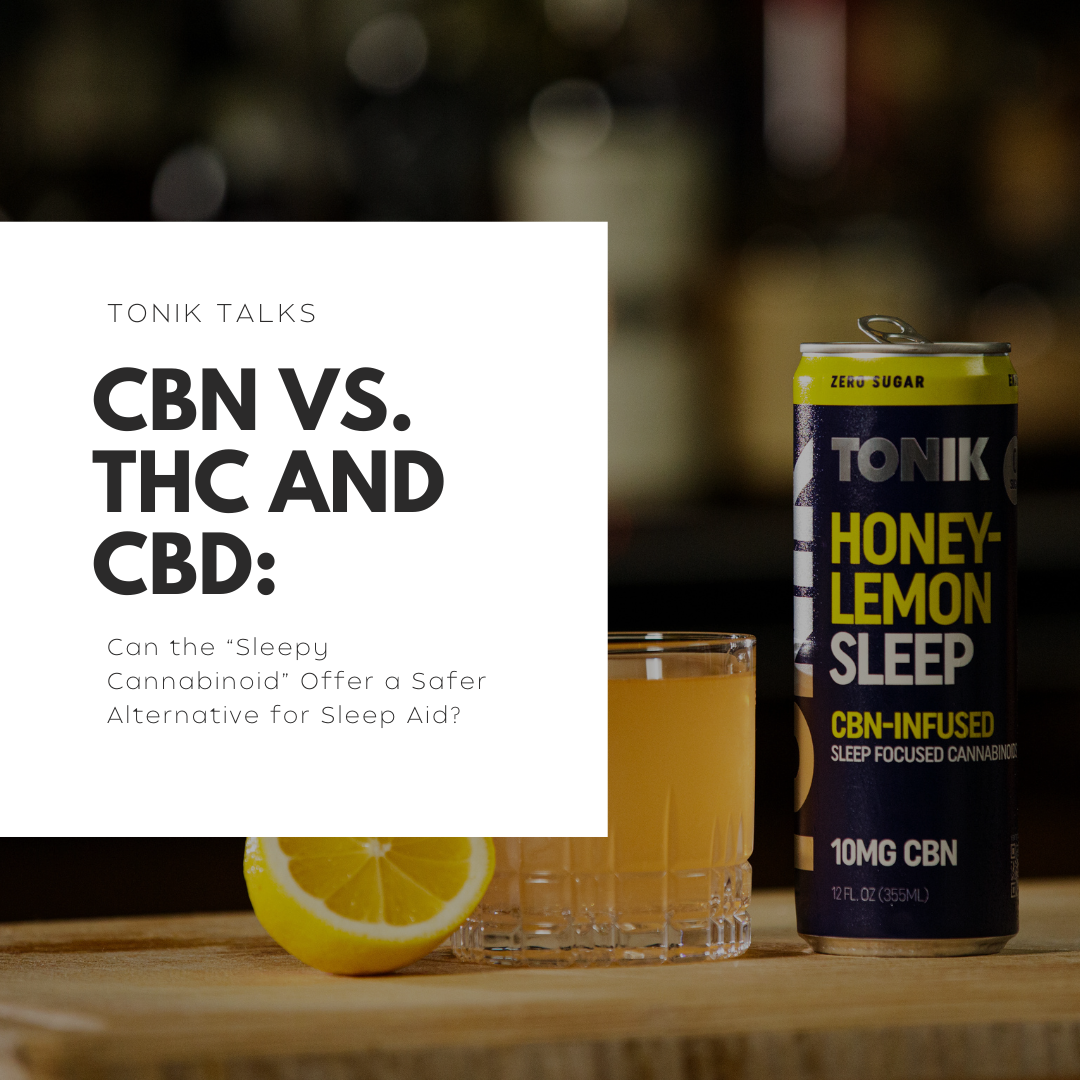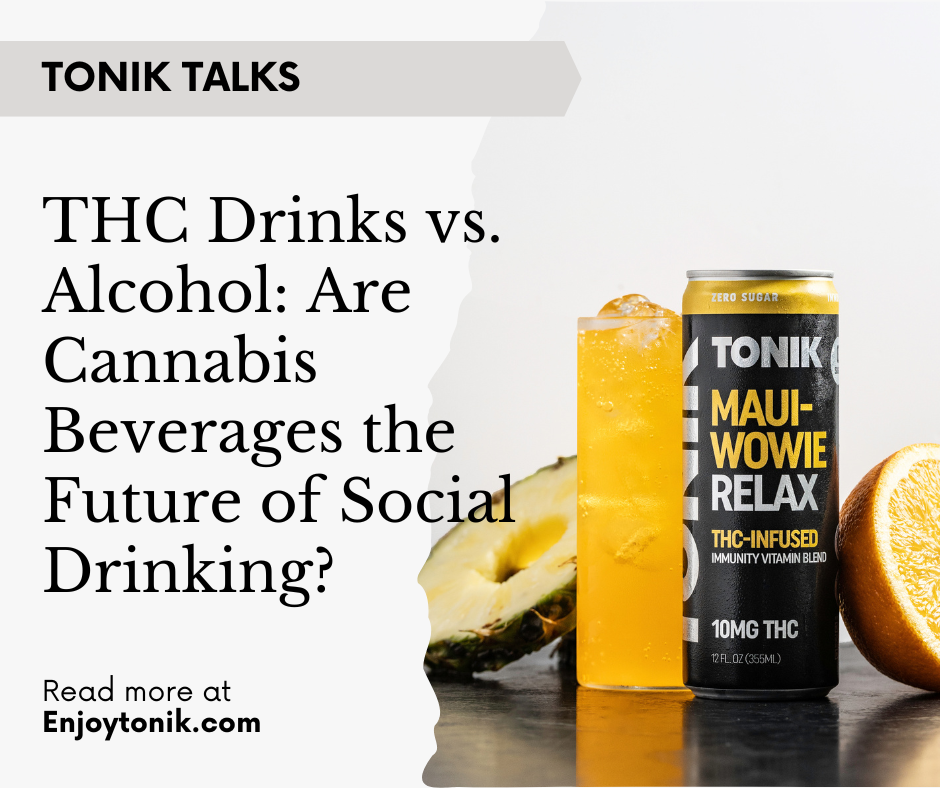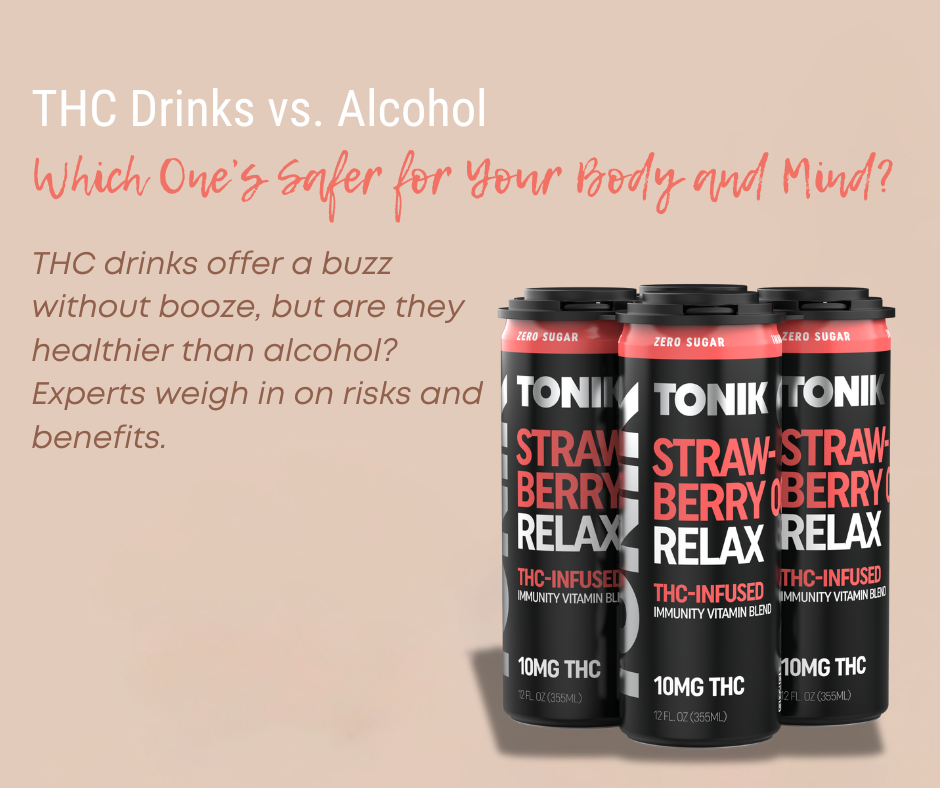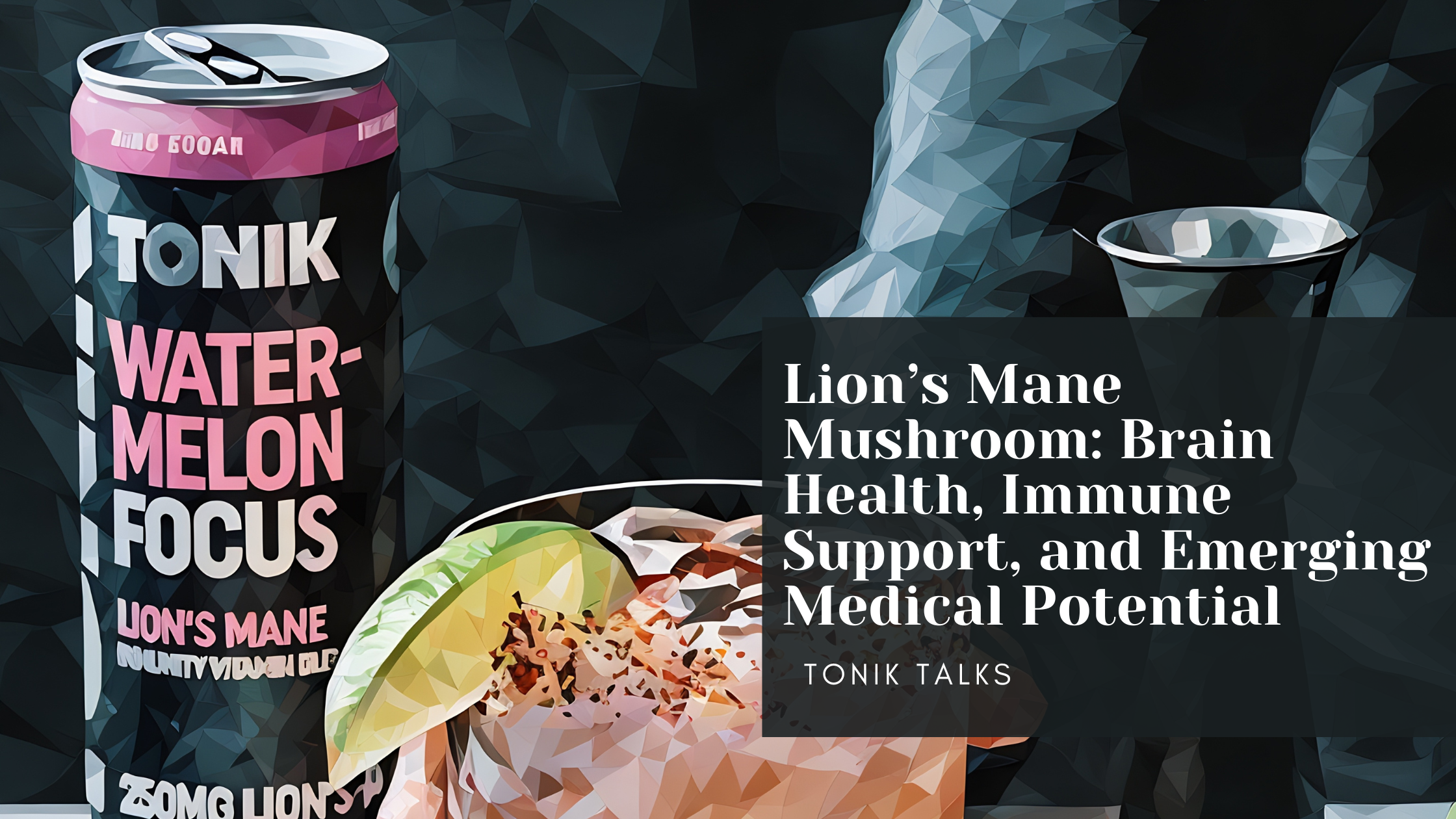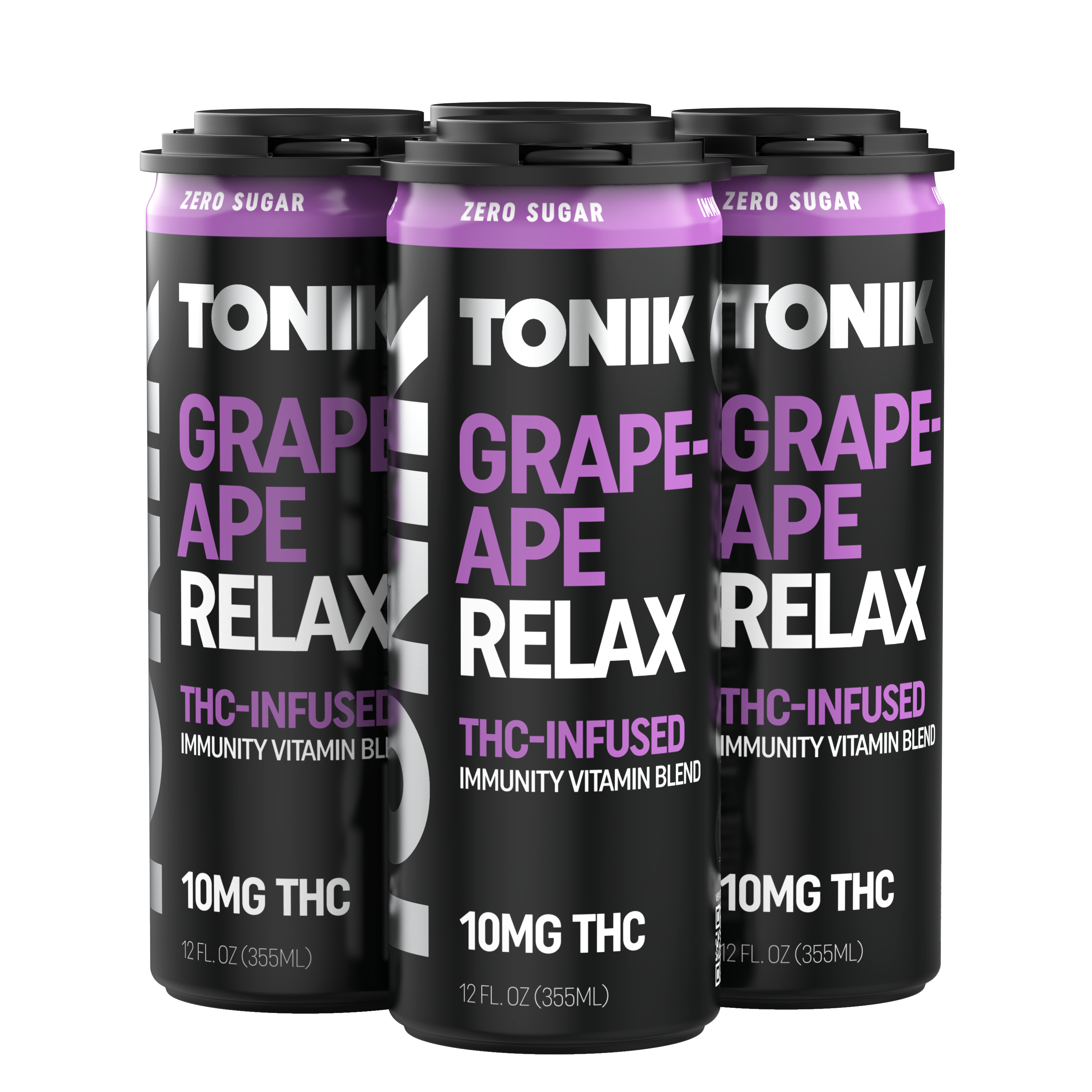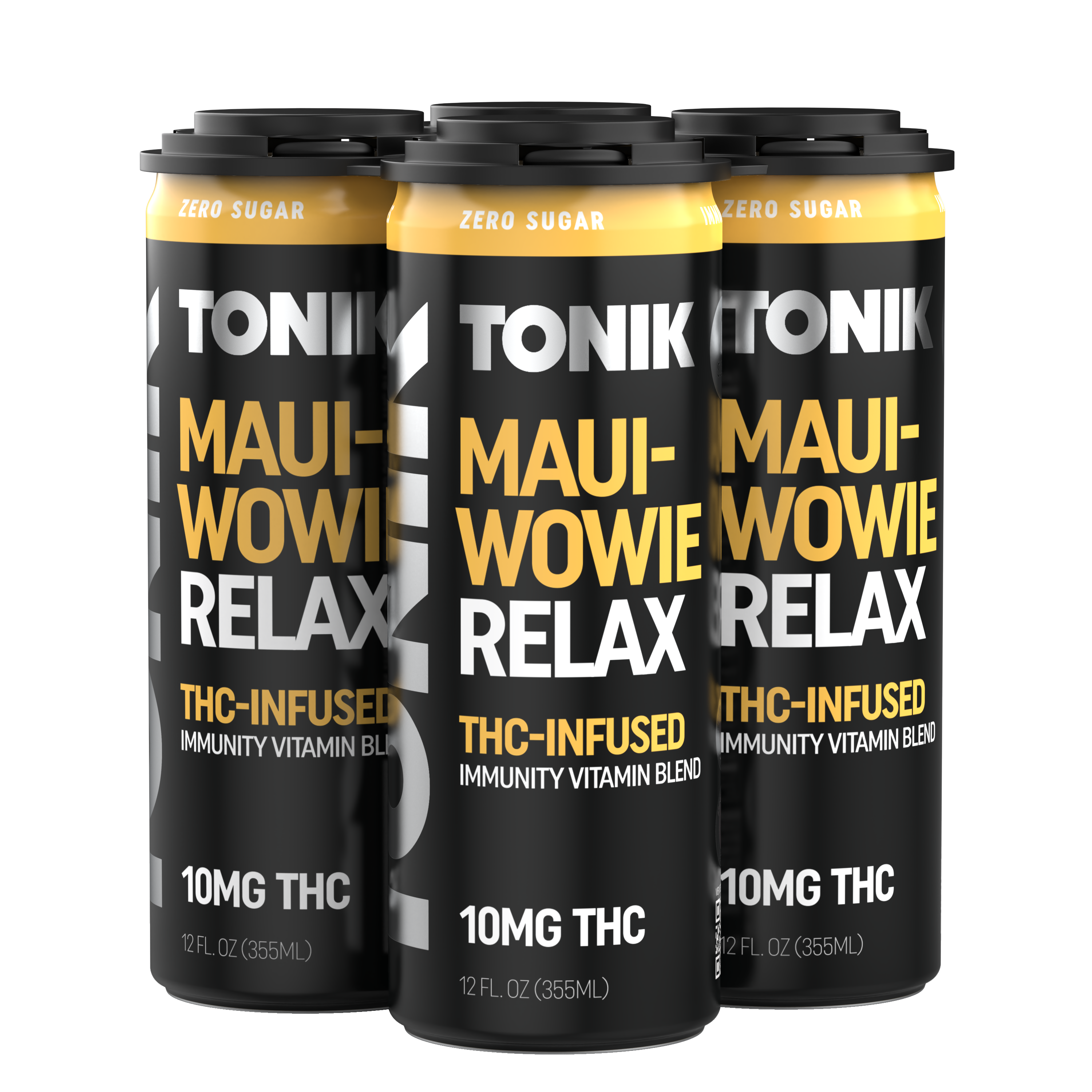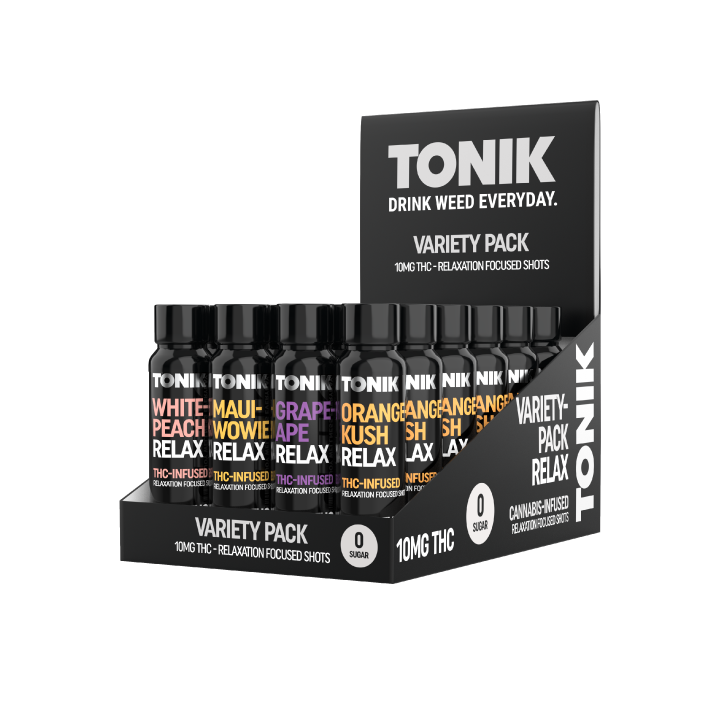Delta 9 THC is the main psychoactive compound in cannabis, offering both therapeutic potential and notable risks. Understanding its chemical makeup, legal status, and health implications is crucial for safe, informed use. As cannabis products become more accessible, accurate labeling and medical guidance are key to navigating Delta 9 THC responsibly.
What Is Delta 9 THC? Origins, Chemistry, and Legal Landscape
Delta 9 THC, formally known as delta-9-tetrahydrocannabinol, is one of the primary active cannabinoids in cannabis (Cannabis sativa). It is the key compound responsible for the plant’s psychoactive effects — the "high" associated with marijuana use. While once mischaracterized in pop culture and media (notably in films like Reefer Madness), scientific understanding has evolved significantly in recent decades.
The passage of the 2018 Farm Bill marked a pivotal shift. This legislation legalized the cultivation and sale of industrial hemp at the federal level, provided the plant contained no more than 0.3% Delta 9 THC by dry weight. As a result, a growing market of hemp-derived Delta 9 products — including edibles, tinctures, and vapes — has emerged. These products, while technically compliant with federal guidelines, can still deliver psychoactive effects comparable to traditional cannabis.
Because Delta 9 THC exists in both marijuana and hemp varieties of cannabis, understanding local and federal laws remains essential. Legal status can vary widely by state, and consumers should be mindful of how products are labeled, tested, and regulated to ensure compliance and safety.
Medical Uses and Mechanism of Action
Delta 9 THC exerts its effects by binding to the body’s endocannabinoid system, specifically the CB1 receptors located in the brain and central nervous system. This interaction stimulates the release of dopamine — a neurotransmitter linked to pleasure and reward — leading to the euphoric and mood-altering effects commonly associated with cannabis use.
Marijuana Components Show ‘Promising Potential As Anticancer Agents’, Study Finds
— Carver Johns (@CarverJohns) May 17, 2025
A new scientific review on cannabis and cancer concludes that a variety of cannabinoids—including delta-9 THC, CBD and cannabigerol (CBG)—”show promising...https://t.co/lrYwnxJjZu pic.twitter.com/K45MfHeBNJ
From a medical standpoint, Delta 9 THC has demonstrated therapeutic potential in several areas. It is frequently used to alleviate chemotherapy-induced nausea, reduce chronic pain, stimulate appetite in patients with cachexia or wasting syndrome, and improve sleep quality. Certain FDA-approved medications, such as dronabinol, utilize synthetic versions of Delta 9 THC to manage these conditions.
However, the benefits of Delta 9 must be weighed against its side effects. Short-term reactions can include dizziness, anxiety, dry mouth, and impaired motor coordination. Long-term use, especially in high doses or without medical supervision, can potentially contribute to cognitive decline or exacerbate mental health conditions. As with any pharmacological treatment, consultation with a cannabis-competent healthcare provider is recommended to determine appropriate dosing and monitor for adverse effects.
Risks, Addiction Potential, and Responsible Use
Despite its medical promise, Delta 9 THC carries significant risks — particularly when used without medical oversight. Regular or high-dose consumption can lead to dependency, formally referred to as cannabis use disorder. This condition may present with symptoms such as increased tolerance, withdrawal, and continued use despite negative consequences.
The psychoactive nature of Delta 9 THC can also impair judgment, coordination, and memory, making activities like driving or operating machinery potentially dangerous. In vulnerable populations — such as adolescents, individuals with a personal or family history of mental illness, or those predisposed to substance use disorders — the risks are magnified.
Another area of concern is product transparency. As the market for hemp-derived Delta 9 grows, so does the need for rigorous third-party testing. Consumers should seek out products with clearly labeled cannabinoid content, verified lab results, and reputable manufacturing standards. This ensures not only legal compliance but also consumer safety in an evolving cannabis landscape.

